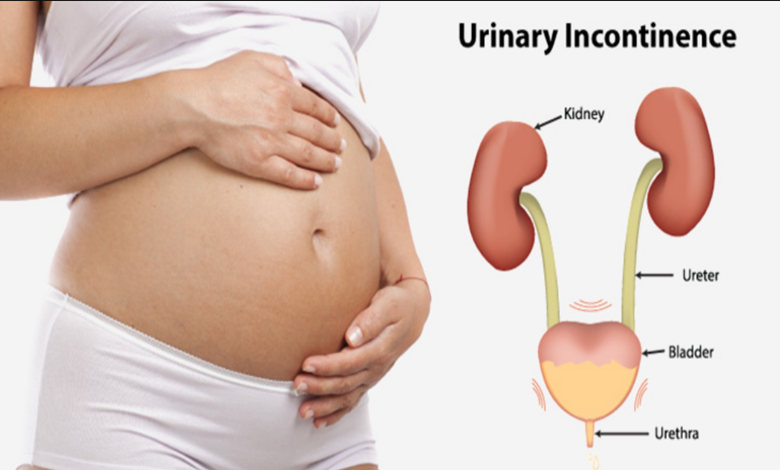Your Best Gynaecologist To Resolve Urinary Incontinence

Urinary incontinence is one of the gynecological conditions when your bladder losses control due to weakened bladder muscles, damage to the pelvic floor, enlarged prostate, menopause, or bladder cancer. This is also an embarrassing issue for many older adults and women who have given birth or gone through menopause.
This can also cause by using certain medications, or due to neurological conditions. When it occurs, this condition may be temporary, mild, or severe, depending on its cause. If you are currently suffering from urinary incontinence, you can visit your nearby best maternity hospital in Siliguri for health improvement.
Symptoms Of Urinary Incontinence
- Urge incontinence
- Stress incontinence
- Mixed incontinence
- Overflow incontinence
- Functional incontinence
This condition may vary as people can experience occasional, minor leaks of urine to moderate amounts of urine more frequently. Not surprisingly, diabetic and neurological patients also experience this condition.
In case, if incontinence is often uncontrollable and affects your quality of life, consult your nearby gynecologist to get resolved this problem. There are four types of urinary incontinence that you potentially experience such as:
- Stress incontinence which is triggered by coughing, sneezing, laughing, and exercising.
- Urge incontinence is a condition when you have a sudden and strong urge to urinate but unable to make it to the toilet in time.
- Overflow incontinence is when you are unable to empty your bladder completely while urinating, which leaks later from your bladder.
- Functional incontinence can occur due to Alzheimer’s disease, muscular issues like arthritis, or neurological issues like stroke or spinal cord damage.
Possible Causes Of Having Urinary Incontinence
- Aging
- Pregnancy
- Childbirth
- Menopause
- Prostate cancer
- Enlarged prostate
- Neurological disorders
- Blockage of urinary tract
Your urinary system is combined with kidneys, ureters, bladder, and urethra and each organ has its individual function. While waste products are filtered by the kidneys, urine moves down through the ureters and is received by the bladder, and flows freely out of the body through the urethra.
Ways To Get Prevent Urinary Incontinence
- Start exercising (pelvic floor)
- Maintain a healthy weight
- Eat more fiber food
- Quit smoking
- Avoid alcohol
- Avoid acidic foods
As you get older, your pelvic muscles become weak and you might experience bladder control issues and leak urine. This also happens when you cough or sneeze at the time of the urge to urinate. Sometimes, you don’t get time to go to the toilet and as a result, it also affects your daily activities.
Many women experience urinary incontinence during their pregnancy, as the body goes through a lot of physical changes. This is eventually the most challenging period for any woman including you. At this stage, as your uterus expands your pelvic floor muscles become weakened.
Diagnosis & Treatment
When you are looking for a healthcare specialist by typing on Google an expert gynaecologist near me, you will see there are many specialists, and among them choose your favorite who can determine the type of urinary incontinence you have, your doctor will recommend you the following:
- Urinalysis
- Pad test
- Bladder diary
- Physical exam
- Stress test
- An ultrasound
- Cystoscopy
- Urodynamic testing
After diagnosing properly, your expert gynecologist will start the treatment process according to your situation.
- Behavioral techniques
- Pelvic floor muscle exercises
- Medications
- Electrical stimulation
- Medical devices
- Interventional therapies
- Surgery
- Absorbent pads and catheters
Though it’s not serious, can affect your life badly. To get avoid this situation, consult your doctor today and get the right treatment that suits you perfectly.



